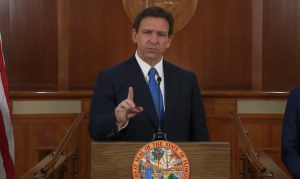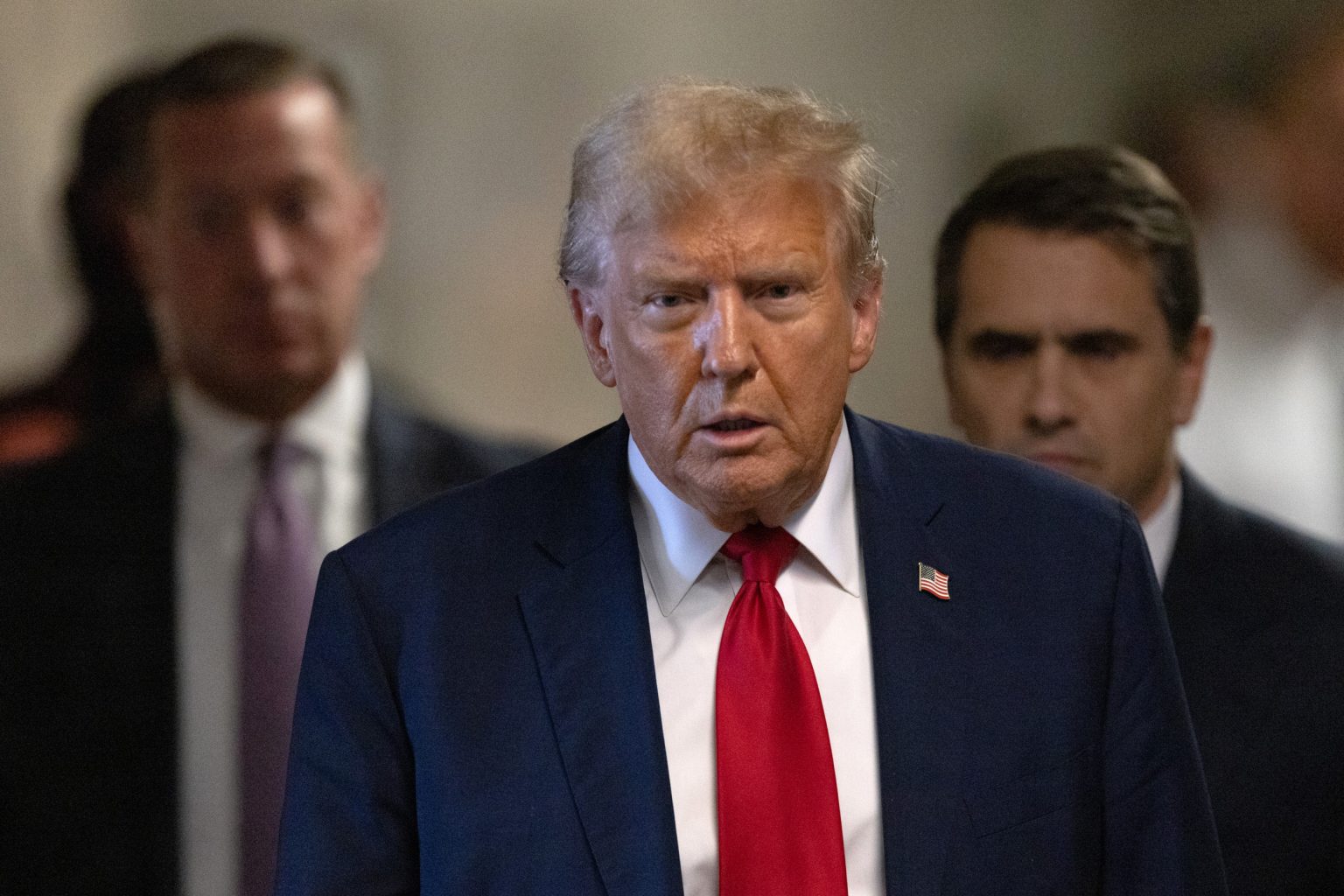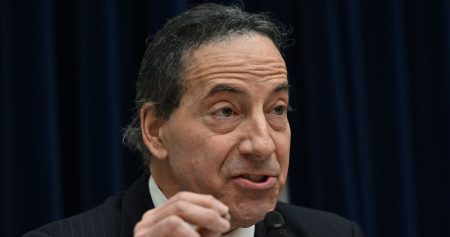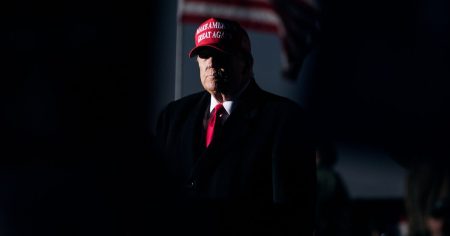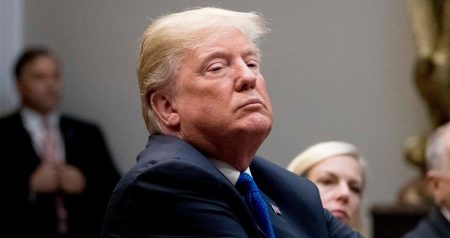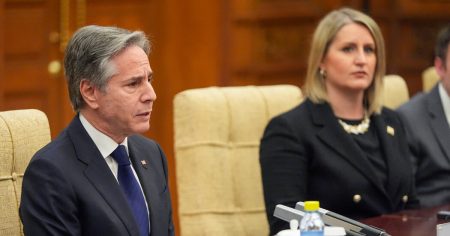Supreme Court Justice Brett Kavanaugh recently made comments during oral arguments in Donald Trump’s presidential immunity challenge that sparked controversy among legal analysts. Kavanaugh referenced President Ford’s pardon of Richard Nixon as a positive decision in presidential history, suggesting that Trump could potentially be granted immunity in a similar way. This led to backlash from legal experts, with some suggesting that Nixon’s pardon has given Trump the belief that he is immune from prosecution.
Trump is seeking presidential immunity from a separate trial in Washington, D.C., where he faces allegations of election interference. He has pleaded not guilty to the charges and maintains that they are part of a political witch hunt. The Supreme Court is currently considering the presidential immunity issue in Trump’s case, which has been frozen pending a decision. Some legal experts question the relevance of Kavanaugh’s comments about the Nixon pardon to the constitutional question at hand.
The Watergate scandal led to Nixon’s resignation as president, and he was granted immunity from criminal prosecution by his successor, President Ford. Trump’s legal troubles stem from his alleged efforts to overturn the results of the 2020 election leading up to the Capitol riot on January 6, 2021. As Trump campaigns for the presidency in 2024, he faces multiple criminal cases, including the election interference charges in Washington, D.C. The Supreme Court’s ruling on presidential immunity could have significant implications for Trump’s legal standing.
Some legal analysts believe that Kavanaugh’s comments on the Nixon pardon indicate a potential bias in favor of granting Trump immunity. Others, like lawyer Ted Gehring, question how Kavanaugh’s remarks align with the constitutional issues at hand in Trump’s case. Law professor Ray Brescia suggests that Kavanaugh, along with Justice Amy Coney Barrett, may be attempting to draw parallels between Nixon’s pardon and Trump’s situation in a previous Supreme Court decision. Barrett’s concurring opinion in that case hinted at a possible inclination to move past Trump’s alleged involvement in the Capitol riot.
As the Supreme Court deliberates on the presidential immunity issue in Trump’s case, the implications of Kavanaugh’s comments and the potential parallels drawn to Nixon’s pardon raise questions about the separation of powers and the rule of law. Legal experts and commentators continue to analyze the significance of these developments in the context of Trump’s legal challenges and the broader implications for presidential accountability and immunity. The outcome of this case could have far-reaching consequences for future presidential actions and the legal principles that guide them.

